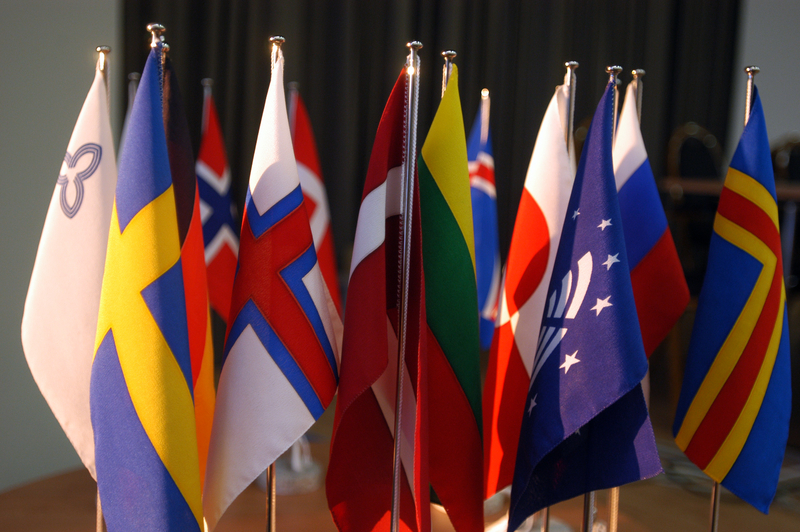The Nordic Council of Ministers' activities in Estonia, Latvia, and Lithuania

The Nordic Council of Ministers opened offices in the capital cities of all three Baltic states as early as 1991 as part of Nordic endeavours to support Estonia, Latvia, and Lithuania in the struggle to reassert their independence. Accession to the EU in 2004 cemented Baltic independence and changed the nature of collaboration between the Nordic Council of Ministers and the three nations.
After a decade of aid, the time was ripe for partnership and co-operation on equal terms, which has been the main priority for the Nordic Council of Ministers' work with the three Baltic republics ever since.
The Nordic Council of Ministers’ co-operation with Estonia, Latvia, and Lithuania is based on guidelines adopted by the Nordic Ministers for Co-operation in November 2008, which lay out the main priorities and ways in which this co-operation can be developed.
The themes that the Nordic Council of Ministers wishes to develop co-operation on are:
- Education, research, and innovation
- Business, clusters, and creative industries
- The environment, climate, and energy, including the marine environment in the Baltic Sea and the promotion of efficient environmental technologies and renewable energy sources
- The international challenges faced by welfare states, including combating human trafficking and the spread of HIV/AIDS; improving co-operation between police forces and public prosecution services; developing hospital services; and addressing demographic challenges, e.g. in labour-market policy.
- Cross-border regional co-operation to promote shared basic values such as democracy, good governance, gender equality, freedom of speech, and tolerance - both under Nordic–Baltic auspices and in relation to other neighbouring countries, including Belarus.
NGOs play a prominent role in co-operation between the Nordic Council of Ministers, the Baltic States, and North-West Russia. The Nordic Council of Ministers launched its NGO programme for the Baltic Sea region in October 2006, which funds projects involving NGOs in the Nordic and Baltic countries, North-West Russia, Kaliningrad, Poland, and Belarus.
The actual responsibility for working together lies with the eleven Nordic councils of ministers and their committees of senior officials on the one hand and with Estonia, Latvia, and Lithuania on the other. The work follows guidelines adopted by the Ministers for Nordic Co-operation, but the content is defined by the appropriate councils of ministers.
Co-operation with Estonia, Latvia, and Lithuania is a dynamic, ongoing process in each of the sectors of the Nordic Council of Ministers.
The Nordic offices in the three Baltic capitals are key players in this process. They work closely with the Nordic embassies and co-ordinate joint activities, identifying trends and opportunities for Nordic/Baltic collaborations. The offices are exponents of everything “Nordic”, raise the profile of Nordic co-operation and are responsible for running some projects, e.g. the joint Nordic-Baltic Mobility Programmes for Public Administration and Business and Industry.